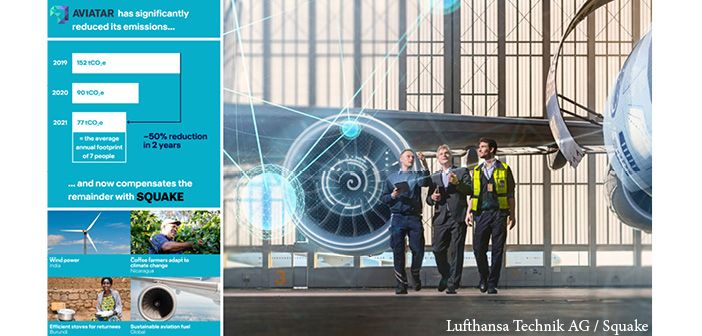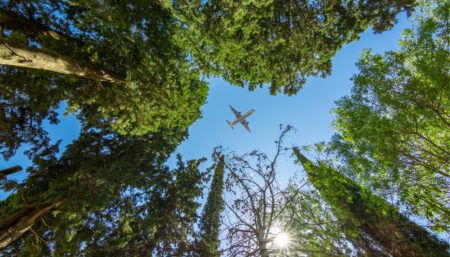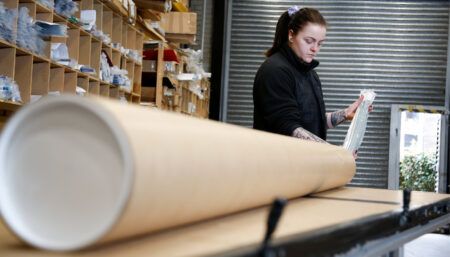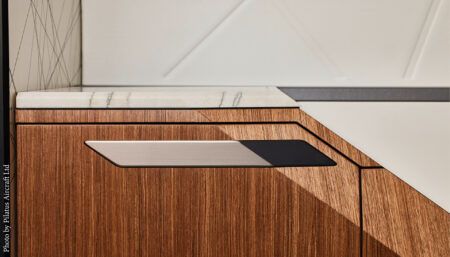Lufthansa Technik announced that its digital operations suite, Aviatar, now operates as a carbon-neutral solution. The Digital Fleet Services business segment had this certified by standardised reporting and offsetting via the certified compensation platform Squake.
At Aviatar, the achievement of carbon neutrality is based on two pillars. On the one hand, emissions caused by the technical cloud and office infrastructure, as well as by employees, were already massively reduced in the past years. While 152 metric tons of CO2 equivalents were emitted in 2019, this figure was almost halved in 2021, to 77 metric tons. Lufthansa Technik said this corresponds to the average annual footprint of seven people. The halving of emissions was achieved despite a “significant” increase in the number of customers over the same period, and a tripling of the number of aircraft serviced on the Aviatar platform. The company said Aviatar will continue to vigorously pursue the goal of reducing its real emissions.
On the other hand, the company said Aviatar’s carbon footprint is already neutral today, thanks to full financial compensation of the remaining emissions through a broad portfolio of social and environmental projects. These include the installation of wind turbines in India, reforestation of rainforest in Nicaragua, support for sustainable food production in Burundi, and the procurement of sustainable aviation fuel (SAF).
The compensation of emissions is carried out in close cooperation with Squake. The IT start-up, a spin-off from the Lufthansa Group’s Innovation Hub, automates the emissions accounting and enables Aviatar to operate the calculated compensation exclusively via certified projects. This is to ensure that the emissions generated are offset in a complete, transparent and verifiable manner. In addition to the annual compensation of future emissions from now on, Aviatar has decided to also compensate its emissions from the past three years (319 tons of CO2 equivalent) via Squake.
“Of course, we are proud to be the pioneer among digital tech ops platforms in launching a carbon-neutral product,” said Philip Mende, vice president of Digital Fleet Services at Lufthansa Technik. “But this is just the start for us. On the one hand, we will continue to drive forward the real reduction of emissions in our production in a targeted manner and firmly anchor the topic of sustainability in our product development. On the other hand, we intend to conduct further studies in the near future in order to precisely quantify the emission savings that Aviatar enables for our customers, for example by avoiding technical diversions or by optimising aircraft performance and flight operations. Here, we expect even more impressive figures.”
The CO2 neutrality of its digital product segment is only the first step for Lufthansa Technik. In its four other business segments, too, the continuous reduction of emissions is a high priority. Although it said neutrality in the rather “classic” industrial segments is much more difficult to achieve than with digital products, Lufthansa Technik has set itself milestones here as well. By 2025, the CO2 footprint of the entire company is to be reduced by 25% and the share of renewable energies is to increase to 50%. Further milestones exist for increasing the recycling rate (to 75%), improving resource efficiency (by 25%), and reducing the chemical footprint (by 25%). The company also said products such as the Cyclean engine wash system and the surface technology AeroShark support airlines in achieving their sustainability goals as well.





